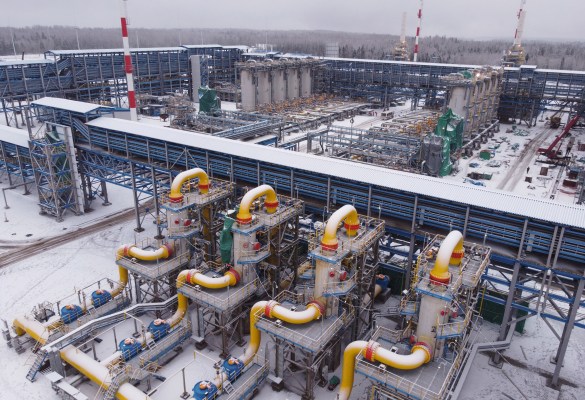European trading platform Bitpanda originally started as a cryptocurrency exchange. Over the past few years, it has expanded to other asset types, such as stocks, ETFs and precious metals. And now, users can buy and sell commodities, such as natural gas, oil, aluminum and wheat.
The timing of this release lines up with important fluctuations in commodity prices in Europe due to the ongoing conflict between Russia and Ukraine. And Bitpanda is well aware of that.
“I’m excited we’ve been able to add commodities to the platform at a time when inflation is biting into people’s savings. Bitpanda customers can now bet against their gas bill and benefit from the short-term price movements of key commodities like oil, natural gas, corn, wheat and many more,” the company’s co-founder and CEO Eric Demuth said in a statement.
As always, trading is a risky activity, and it’s easier to lose money than to generate profits.
Behind the scenes, Bitpanda doesn’t buy and sell commodities directly when users trade in the app. Instead, the company has built contracts that enable exposure to commodities. These exchange-traded commodities (ETCs) track the price of individual commodities. The company currently offers 30 commodities.
While Bitpanda doesn’t charge any commission or management fees, there’s some spread between the buy and sell price — that spread varies over time. The company generates revenue on stock trading using the same method.
Last year, Bitpanda raised more than $400 million and managed to reach a $4.1 billion valuation. It also launched a white-label service so that other fintech apps and services can offer trading services through Bitpanda. For instance, Lydia has partnered with Bitpanda for its trading feature. The company also has its own crypto token, the Bitpanda Ecosystem Token (BEST). It has reached 3.5 million users.
And yet, in June, the company announced layoffs due to market changes, geopolitical tensions, inflation and a potential recession. Adding commodities is an important step for the platform, as it wants to diversify its product offering. It’s the only way to face crypto winters more serenely.
